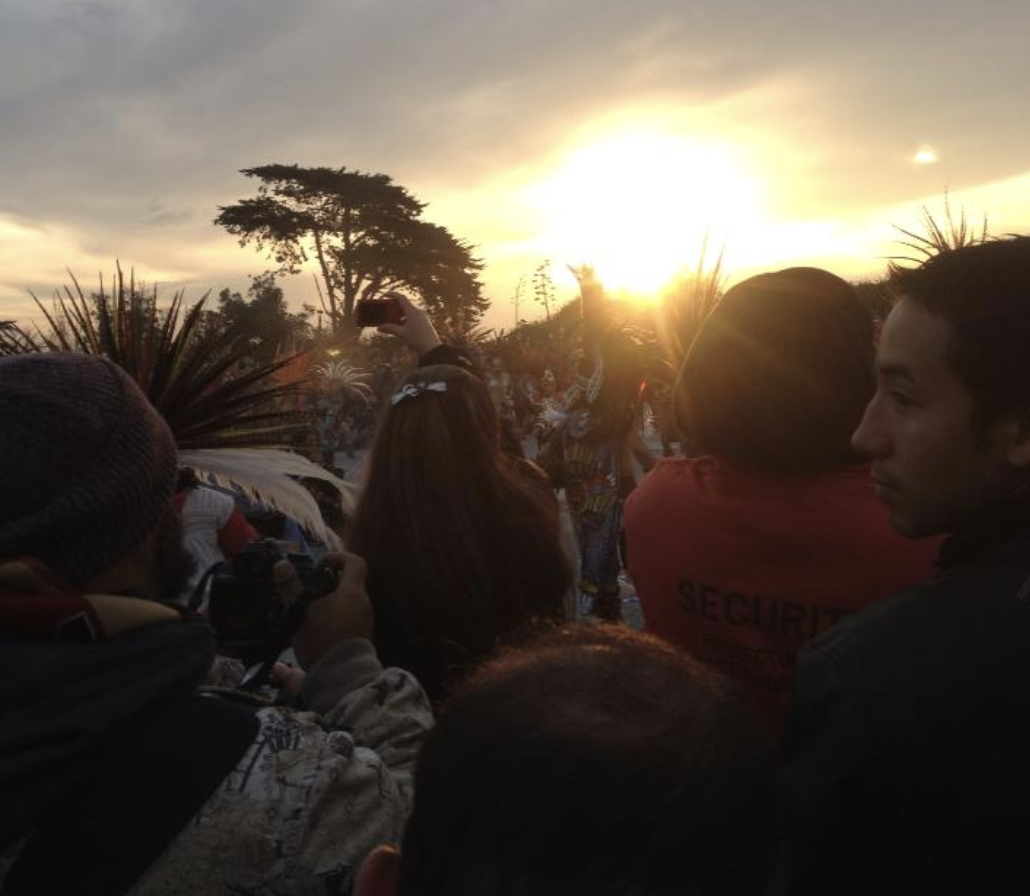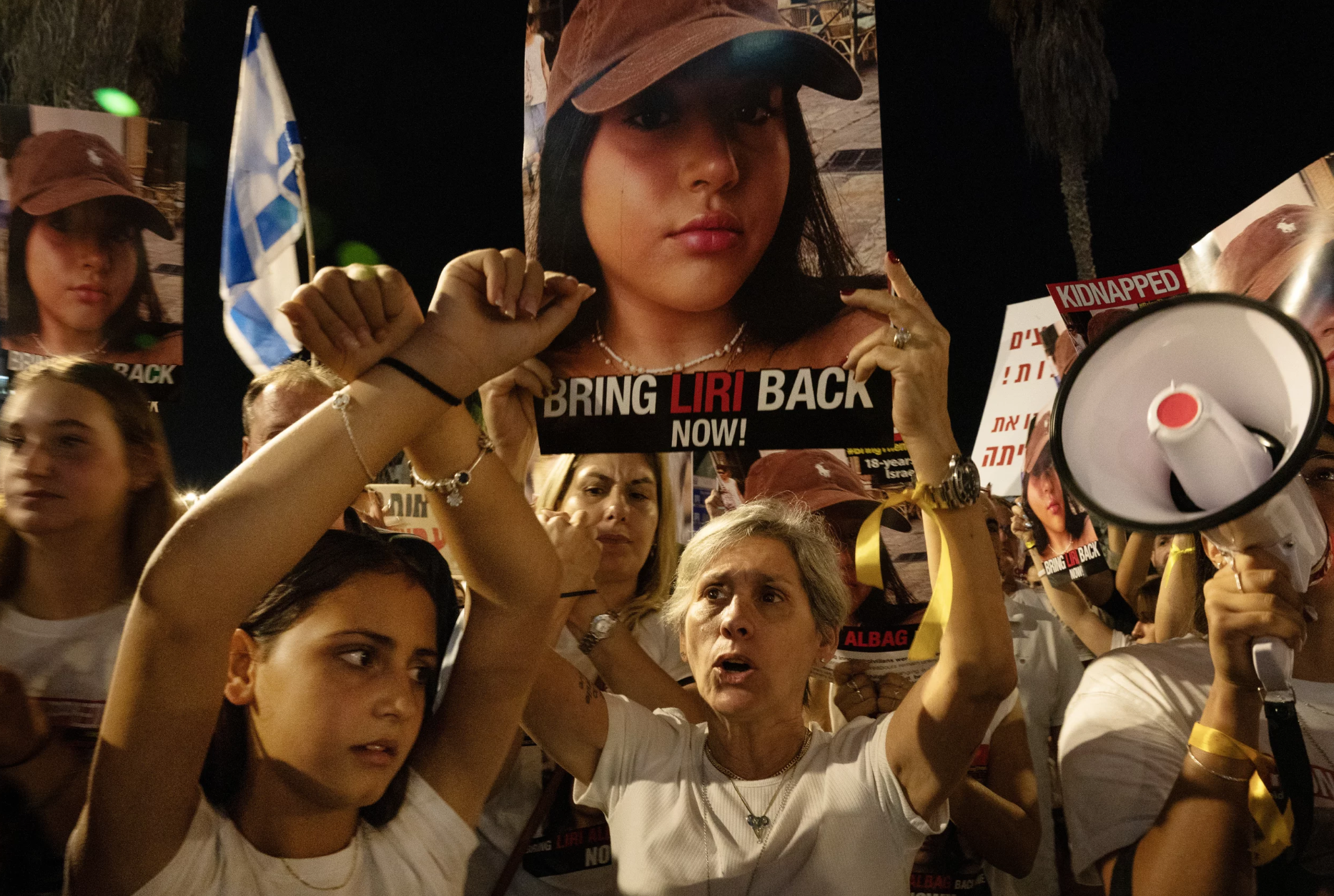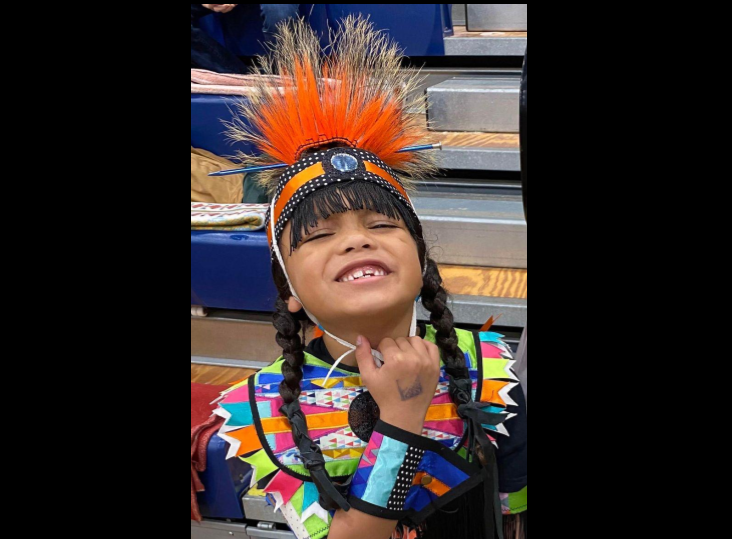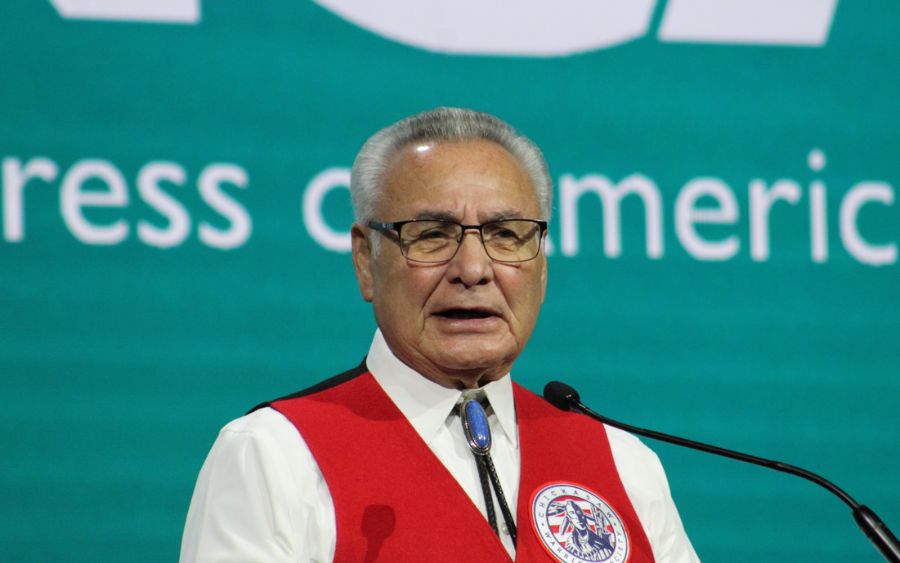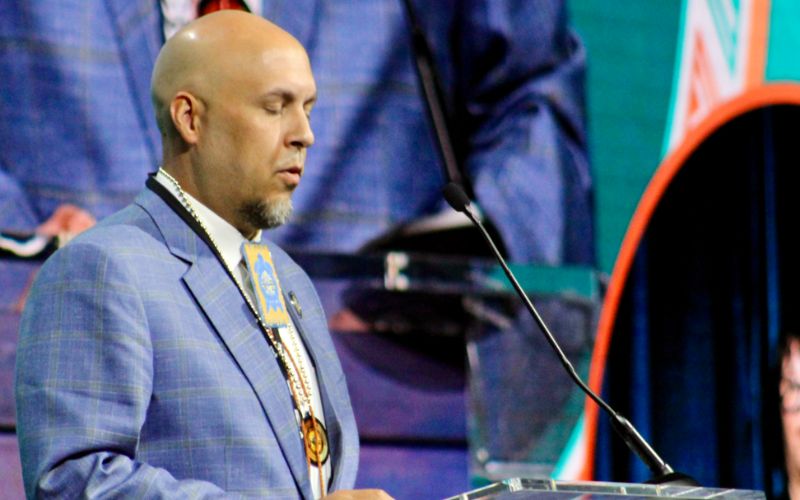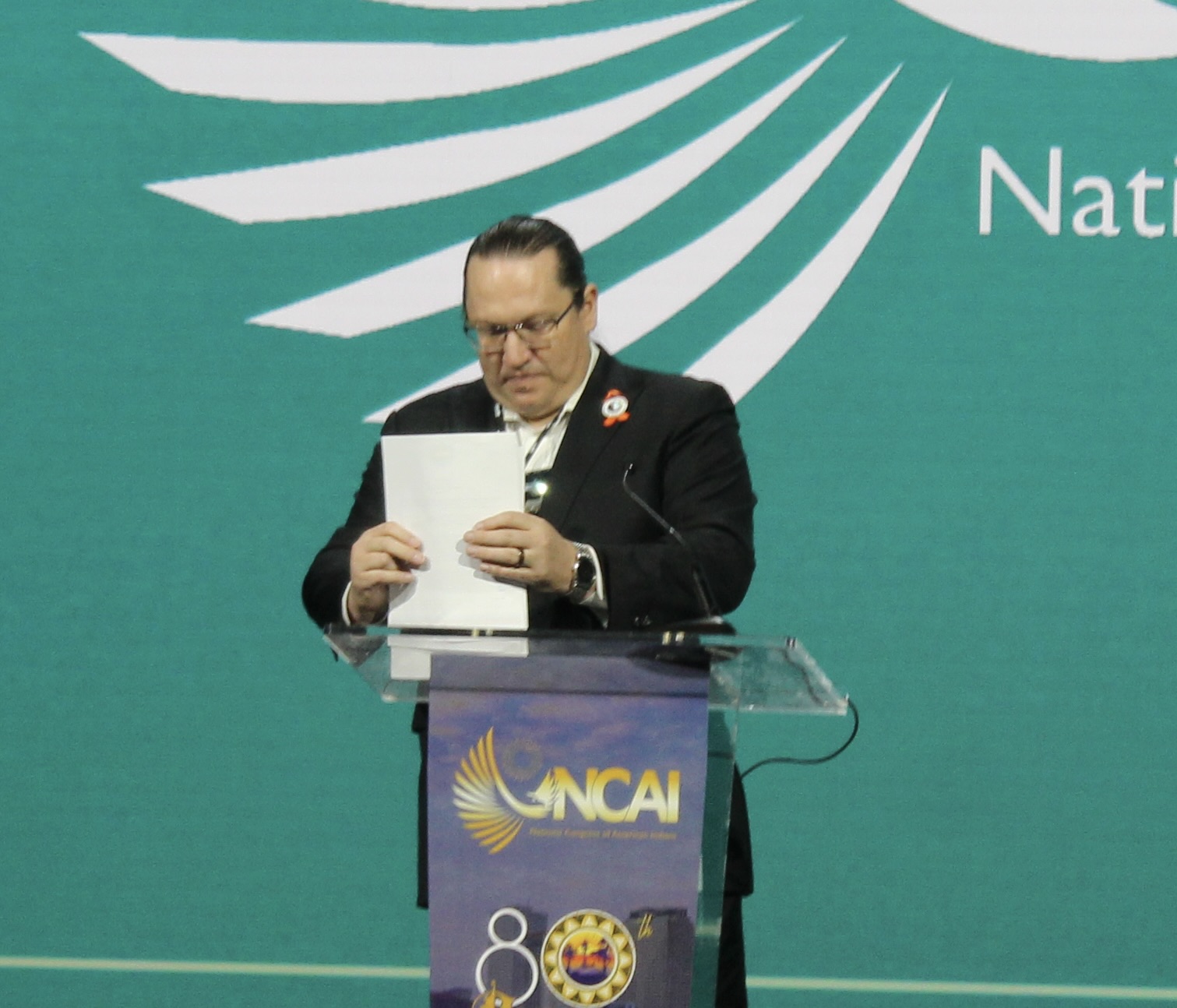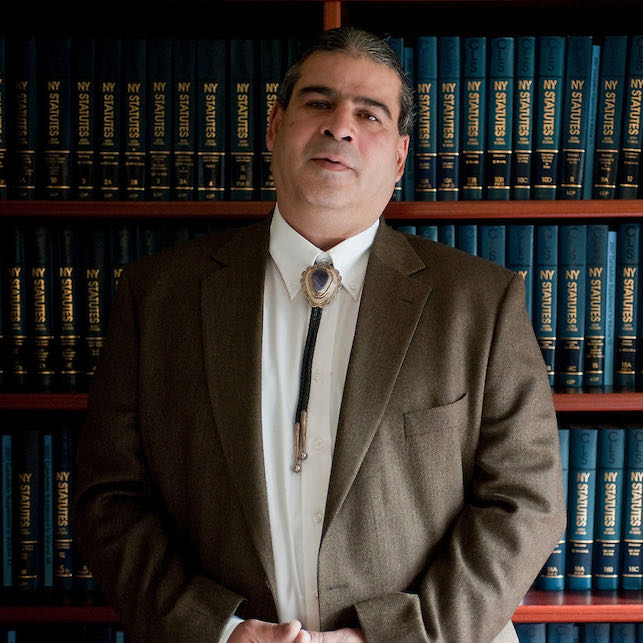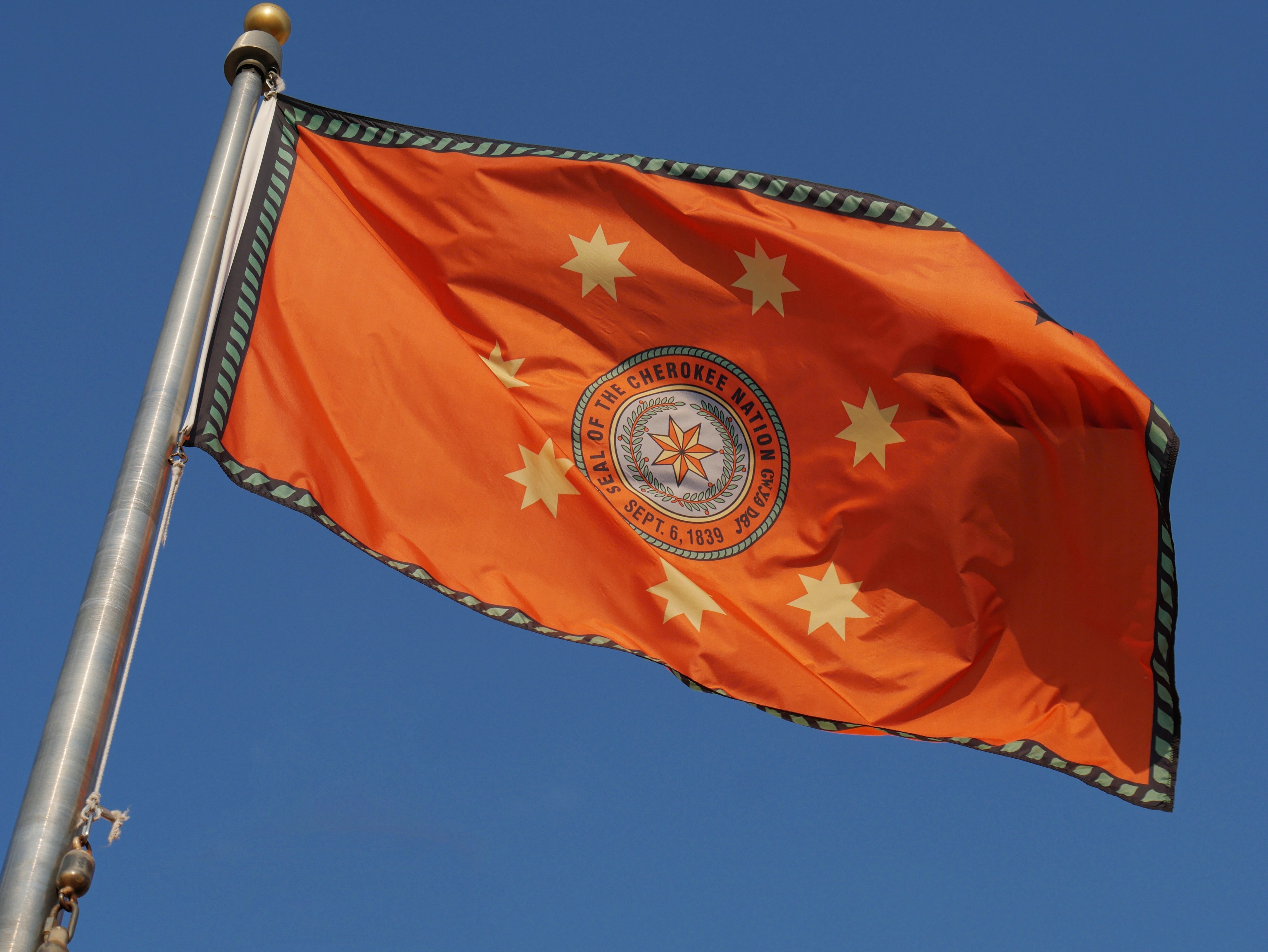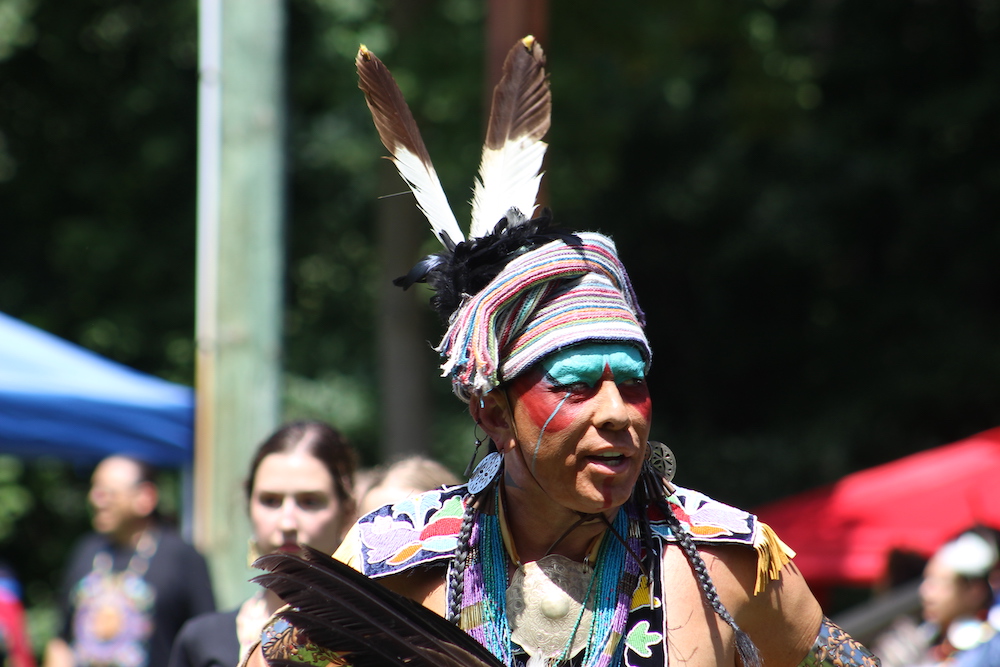Opinion
- Type: Default
- Ad Visibility: Show Article Ads
- Reader Survey Question: No Question
- Video Poster: https://nativenewsonline.net/images/10_Years_Logo.png
Guest Opinion. Traditional American Thanksgiving acknowledges a feast shared between Pilgrims and Indigenous Native people. We know our people assisted with the early immigration process of those people arriving from Europe because they were pitiful, hungry and starving. We were kind and loving people who helped them. However, once they got a foothold, they tried to completely extinguish us, stole our lands and now we are supposed to be thankful. This runs similar to the “Redskin” mascot Issue or the “Columbus Day” celebration of genocide. Today, we are supposed to celebrate Thanksgiving, which is part of the “Broken Circle” corporate holidays.
- Details
- By LaNada War Jack
- Type: Default
- Ad Visibility: Show Article Ads
- Reader Survey Question: No Question
- Video Poster: https://nativenewsonline.net/images/10_Years_Logo.png
Guest Opinion. As the war between Hamas and Israel plays out in front of us, we are so disheartened and sad. In constant newscasts and social media posts, everyone, everywhere on earth can watch Israeli and Palestinian people suffering horribly in real time. Lives are being taken on both sides. People are starving. Hostages are terrified. Babies are dying.
- Details
- By OJ and Barb Semans
- Type: Default
- Ad Visibility: Show Article Ads
- Reader Survey Question: No Question
- Video Poster: https://nativenewsonline.net/images/10_Years_Logo.png
Opinion. The most-read story on Native News Online this National Native American Heritage Month has not been about celebrating Indigenous heritage but is about how one Lakota elder’s culture was stolen from him in a hospital bed by a pair of scissors.
- Details
- By Levi Rickert
- Type: Default
- Ad Visibility: Show Article Ads
- Reader Survey Question: No Question
- Video Poster: https://nativenewsonline.net/images/10_Years_Logo.png
Guest Opinion. As the largest Indigenous nation in the United States with more than 460,000 citizens, Cherokees can be found all across the globe. Cherokee Nation Businesses has global reach, too, with trading partners and business operations on six continents. At the recent Asia-Pacific Economic Cooperation (APEC) Summit held in California, I spoke about the unique role that Cherokee Nation and other Indigenous peoples play in the global economy.
- Details
- By Chuck Hoskin Jr
- Type: Default
- Ad Visibility: Show Article Ads
- Reader Survey Question: No Question
- Video Poster: https://nativenewsonline.net/images/10_Years_Logo.png
Guest Opinion. I am writing this as I leave the National Congress of American Indians 80th Annual Convention and Marketplace in New Orleans early, unable to stay to participate and network with fellow cultural sovereignty advocates to build up Native Country. As a national nonprofit leader for the Association on American Indian Affairs, the oldest nonprofit serving Native Country since 1922, like other Native nonprofit leaders, like our Native Nation leaders - like all of us (we're not special!), we live with the colonial legacy of genocide, assimilation, and boarding schools. Even today, we have to constantly prove we are valuable to society; constantly evoke our histories, traditions and wisdom to educate the mainstream that we are still here and hold ancient solutions to the problems of our world.
- Details
- By Shannon O'Loughlin
- Type: Default
- Ad Visibility: Show Article Ads
- Reader Survey Question: No Question
- Video Poster: https://nativenewsonline.net/images/10_Years_Logo.png
Guest Opinion. There are currently two proposals to amend the constitution of the National Congress of American Indians (NCAI) which would remove state-recognized tribes from membership. NCAI, which was established in 1944 to bring UNITY to the many tribal nations, is at a crossroads. These proposals would remove some long-time members from being eligible to vote or participate at NCAI in the future.
- Details
- By John Lowery
- Type: Default
- Ad Visibility: Show Article Ads
- Reader Survey Question: No Question
- Video Poster: https://nativenewsonline.net/images/10_Years_Logo.png
Guest Opinion. This week, the Annual Convention of the National Congress of American Indians (NCAI) in New Orleans, Louisiana, will hear proposed amendments to the NCAI Constitution.
- Details
- By Principal Chief Michele Hicks and Chief Ben Barnes
- Type: Default
- Ad Visibility: Show Article Ads
- Reader Survey Question: No Question
- Video Poster: https://nativenewsonline.net/images/10_Years_Logo.png
Guest Opinion. A coalition of American Indian Nation members of the National Congress of American Indians (NCAI) has risen in opposition to a proposal that would remove membership for Native nations who are not on a federal list of tribes who receive funding from the Bureau of Indian Affairs (BIA). The proposal would exclude at least 24 bona fide Native nations that are currently members of the NCAI, by downgrading their status to "association.”
- Details
- By Chief Harry Wallace
- Type: Default
- Ad Visibility: Show Article Ads
- Reader Survey Question: No Question
- Video Poster: https://nativenewsonline.net/images/10_Years_Logo.png
Guest Opinion. The National Congress of American Indians is the oldest and largest intertribal organization in the country and brings together tribes from across the land to discuss and advocate for issues important to American Indians and Alaska Natives. NCAI has been an important national voice on Native issues since its founding in 1944. Unfortunately, the mission of NCAI has been harmed by the inclusion of groups who are not legitimate Indian tribes. Change is needed, and we have an opportunity to do so at the upcoming NCAI convention.
- Details
- By Chuck Hoskin Jr
- Type: Default
- Ad Visibility: Show Article Ads
- Reader Survey Question: No Question
- Video Poster: https://nativenewsonline.net/images/10_Years_Logo.png
Guest Opinion. Growing up in the inner city of Grand Rapids, Michigan, my childhood family’s primary community event as Anishinaabe would be to walk down to the Grand River for the September powwow back when it was held at Ah-Nab-Awen Park. This was the one time and place that our very protective mother would relax the creased forehead of her worry and suspicion, as well as her close watch over me and my three sisters.
- Details
- By Dr. Nichole Keway Biber

